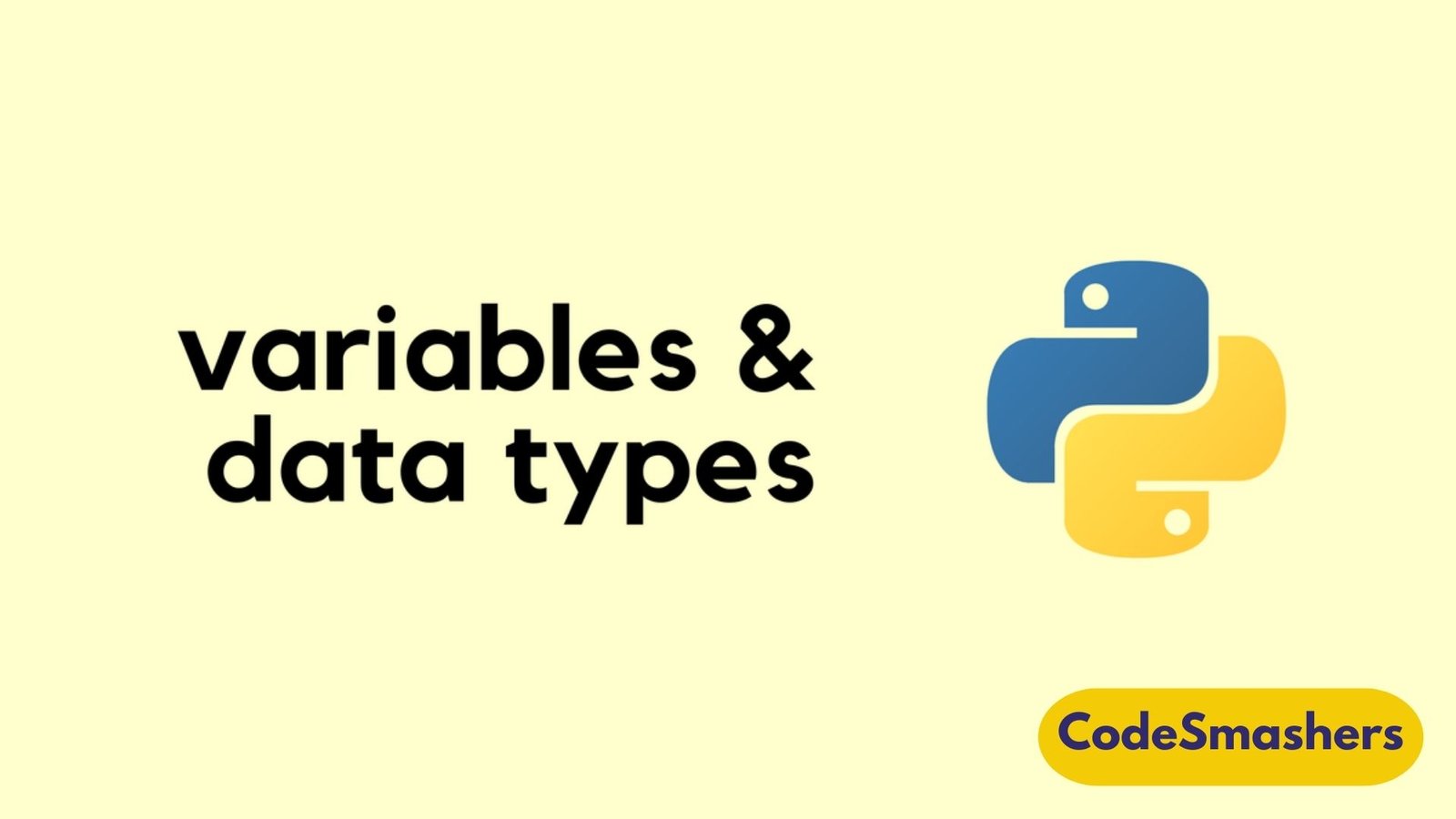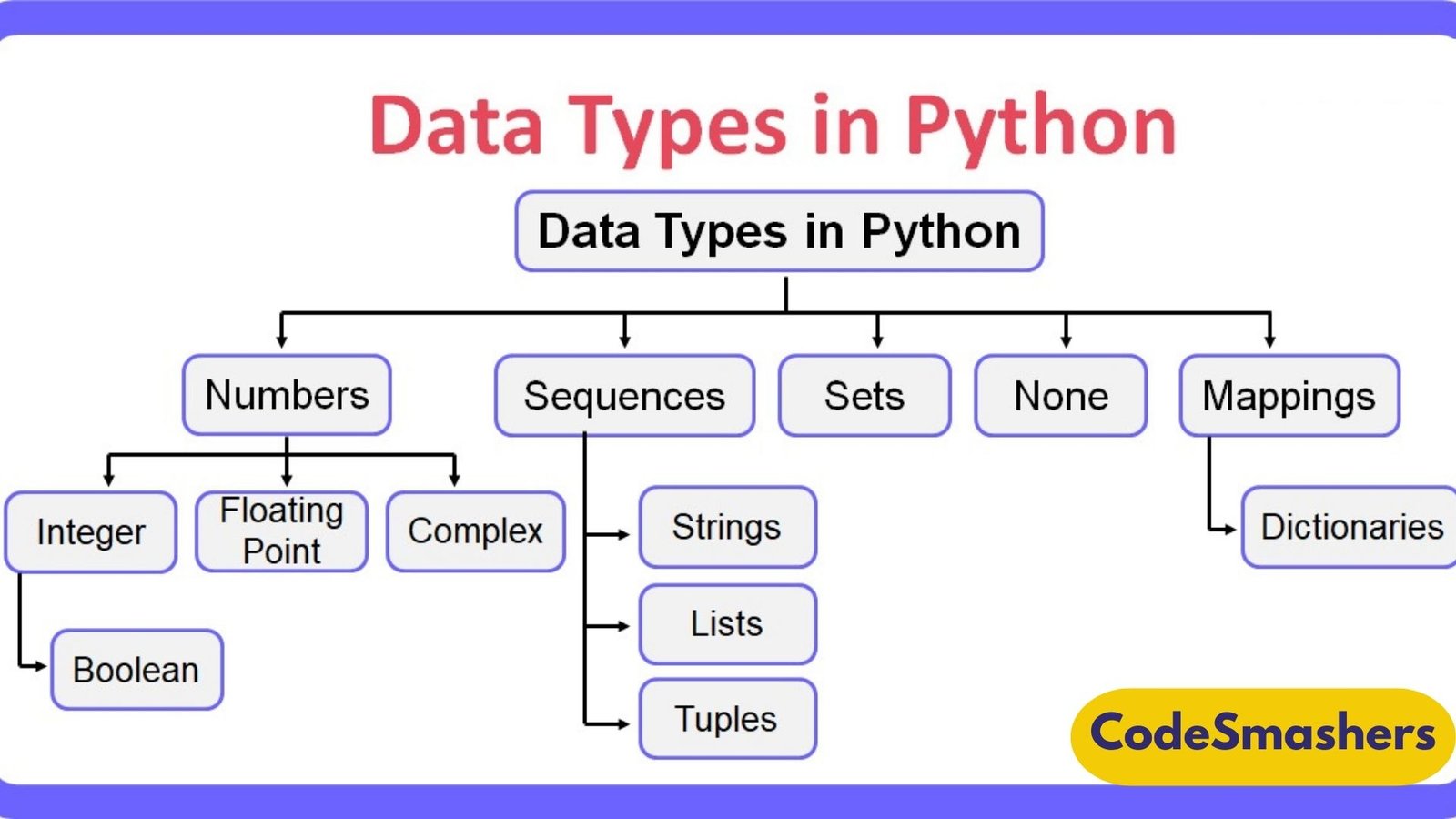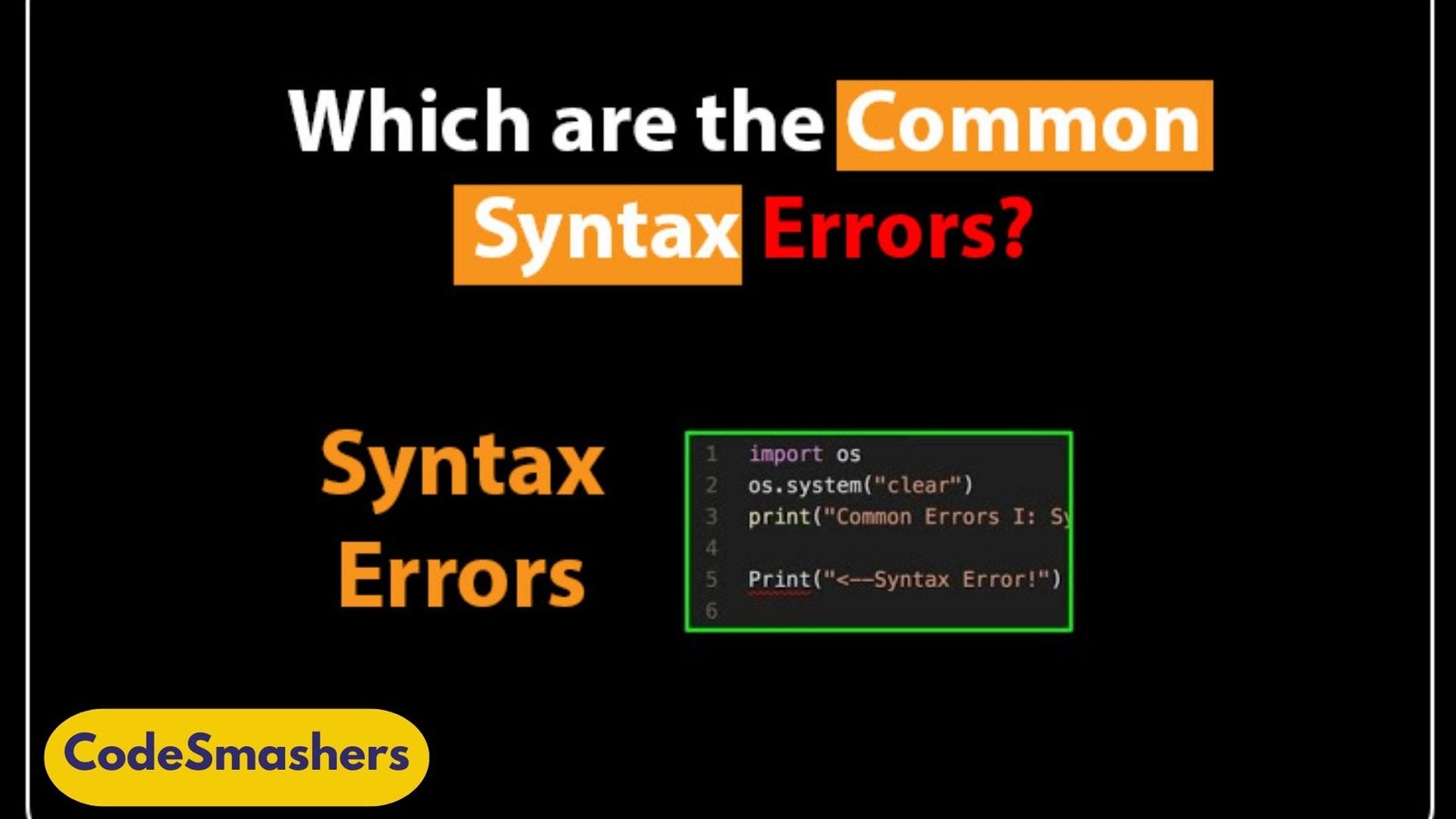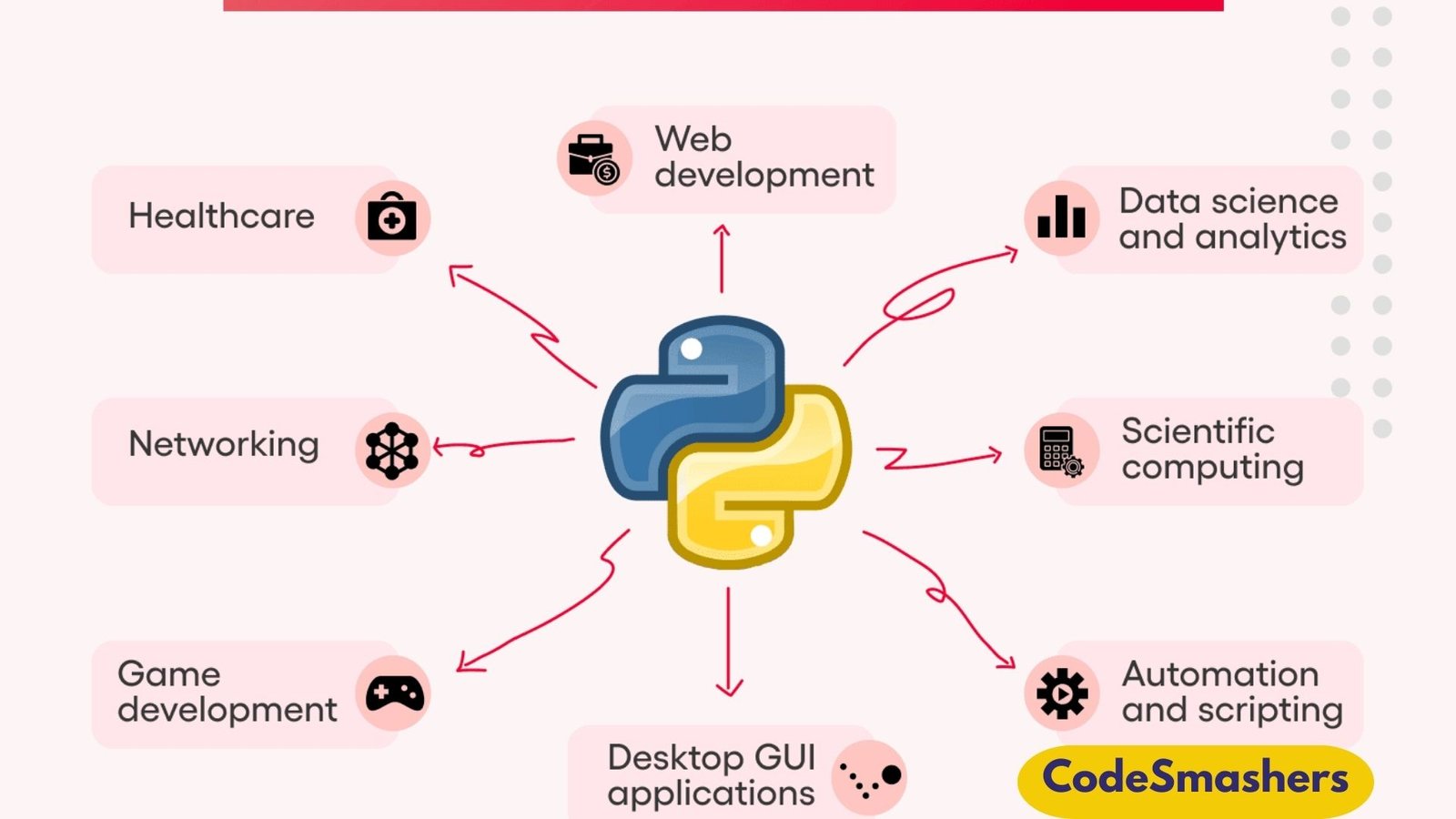Introduction
In the world of programming, Python is a versatile and powerful language. Whether you’re a beginner just dipping your toes into coding or an experienced developer, understanding variables and data types in Python is crucial. This blog post aims to provide a comprehensive guide to mastering these fundamental concepts, enhancing your programming skills, and optimizing your code’s efficiency.

Understanding Variables in Python
Definition and Role in Storing Data
Variables in Python are essentially containers for storing data values. Think of them as labels attached to the data you want to keep track of. They allow you to store, modify, and manipulate data throughout your program. Python’s dynamic typing system enables you to change the type of data held by a variable without any explicit declaration.
Examples of Variables in Python
Here’s a simple example to illustrate:
“`
name = “Alice”
age = 30
height = 5.6
“`
In this example, `name`, `age`, and `height` are variables that store a string, an integer, and a float, respectively. Python’s simplicity allows you to create and manage variables effortlessly.
Exploring Data Types in Python
Introduction to Integers, Strings, and Floats
While Python supports a wide range of data types, integers, strings, and floats are the most frequently used types. Each data type serves a different purpose and has its own operations.

Practical Examples for Each Data Type
Integers:
“`
num1 = 10
num2 = 20
sum = num1 + num2
print(sum) # Output will be 30
“`
Strings:
“`
greeting = “Hello”
name = “Alice”
message = greeting + “, ” + name + “!”
print(message) # Output will be “Hello, Alice!”
“`
Floats:
“`
price = 19.99
quantity = 3
total_cost = price * quantity
print(total_cost) # Output will be 59.97
“`
These examples demonstrate the basic operations you can perform with each data type.
Importance of Correct Data Type
Efficiency and Memory Management in Programming
Effective programming and memory management depend on selecting the right data type. Choosing the appropriate data type can dramatically improve program efficiency and minimize memory usage.
Best Practices for Choosing Data Types
- Use integers for whole numbers where no fractional part is needed.
- Opt for floats when dealing with decimal numbers or measurements.
- Utilize strings for text and character data.
Adopting these best practices ensures your code runs smoothly and efficiently.
Common Errors and Misconceptions
Common Mistakes in Variable Declaration
One common mistake is forgetting to initialize a variable before using it. Always ensure your variables are defined before you attempt to perform operations on them.

Misuse of Data Types
Unexpected outcomes can occur when the incorrect data type is used. For example, adding a string to an integer will result in a type error. Always be aware of the type of data you are working with.
Tips for Error-Free Coding
- To improve the readability of your code, give your variables meaningful names.
- Consistently comment on your code to explain complex logic.
- Test your code frequently to identify and address problems early.
Practical Applications and Case Studies
Instagram Case Study on String Data Type
Instagram leverages Python’s string data type to handle and process user-generated content efficiently. By using strings, they can seamlessly manage hashtags, text recognition in images, and comments.
Fintech Example Using Integer Data Type
In the fintech industry, Python’s integer data type is crucial for optimizing trading algorithms. Leading fintech companies use integers to perform high-frequency calculations and analytics.

Climate Modeling Research with Float Data Type
Float data types play a significant role in climate modeling. Academic institutions use Python’s float data type to simulate atmospheric and oceanic conditions, contributing to more accurate climate predictions.
Expert Insights
Quotes from Guido van Rossum, Real Python, DataCamp
Guido van Rossum, the creator of Python, once said, “Python is an ideal language for learning programming due to its simple syntax and readability.” Experts at Real Python and DataCamp agree, stressing that proficient use of Python variables and data types is essential for effective coding and data administration.
Conclusion
Recap of Key Learnings
Understanding variables and data types is fundamental to becoming proficient in Python. By mastering these concepts, you’ll improve your programming skills, enhance your code’s efficiency, and be better equipped to tackle complex projects.
Call to Action for Continued Learning
We encourage you to share your experiences with variables and data types in the comments below. If you’re eager to deepen your knowledge, explore more advanced topics in Python and continue your learning journey. Happy coding!
